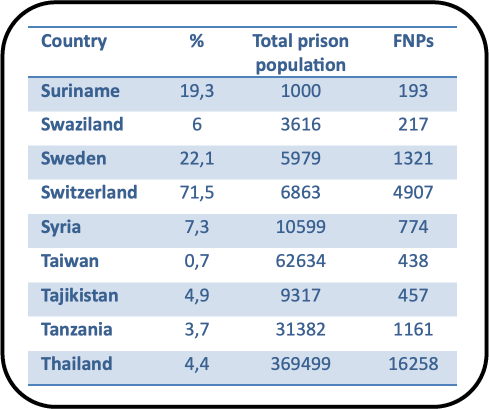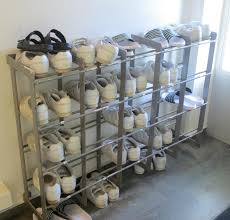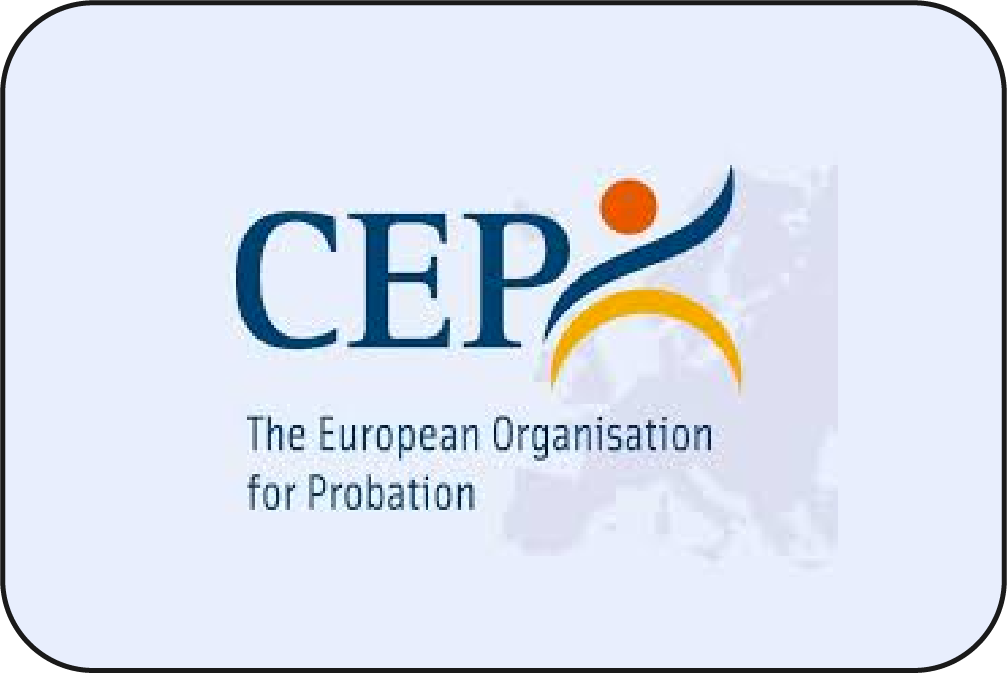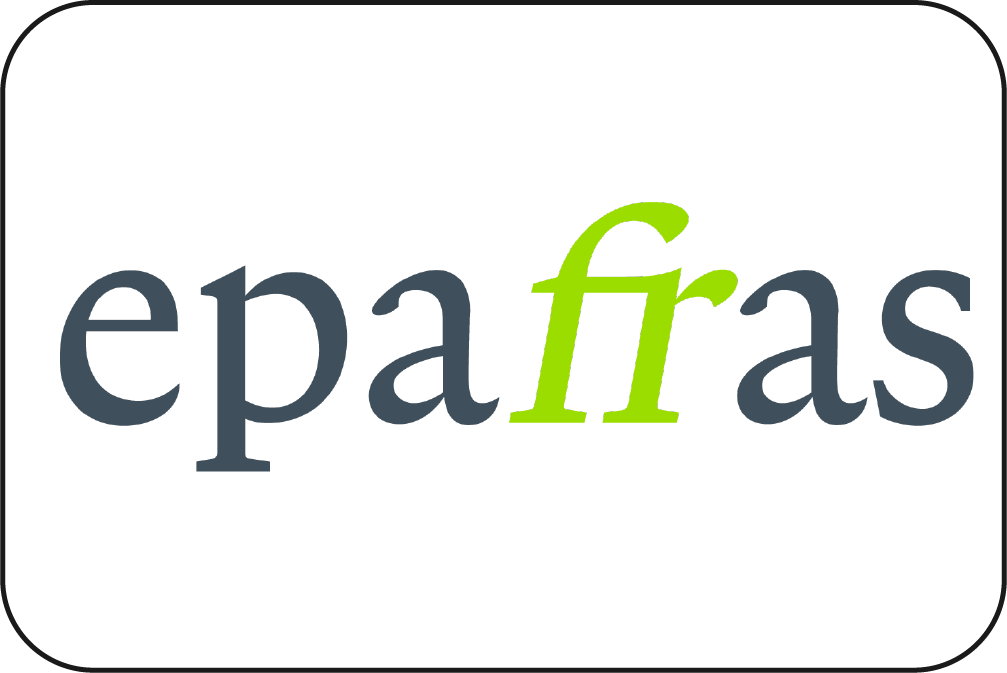Foreign National Prisoners (FNPs)
In recent decades prison populations have become less homogeneous. In prisons all around the world a huge range of nationalities and languages can be found alongside cultural and religious diversity. Foreign national prisoners (FNPs) are detained in relatively large numbers. This is particularly true for countries in the European Union (EU), where on average nearly one in every five prisoners is a foreigner. FNPs are persons who are detained in relation to a criminal offence in a country of which they are neither a national nor a resident and to whom another country is entitled to provide consular assistance.
In daily prison life FNPs encounter many difficulties as a result of their foreign status, language difficulties and distance from their families. In practice, prison authorities are often not fully aware of the problems FNPs face and they do not address their special needs. As a result FNPs often feel socially excluded and are unable to exercise their rights. One of their rights is to receive consular assistance from consular staff from their country of origin. In practice only a few countries provide consular assistance to their nationals in foreign detention. One of these countries is the Netherlands. For information about the impact of the support to Dutch nationals in foreign detention, take a look at the summary of ‘PhD Detained Abroad’.
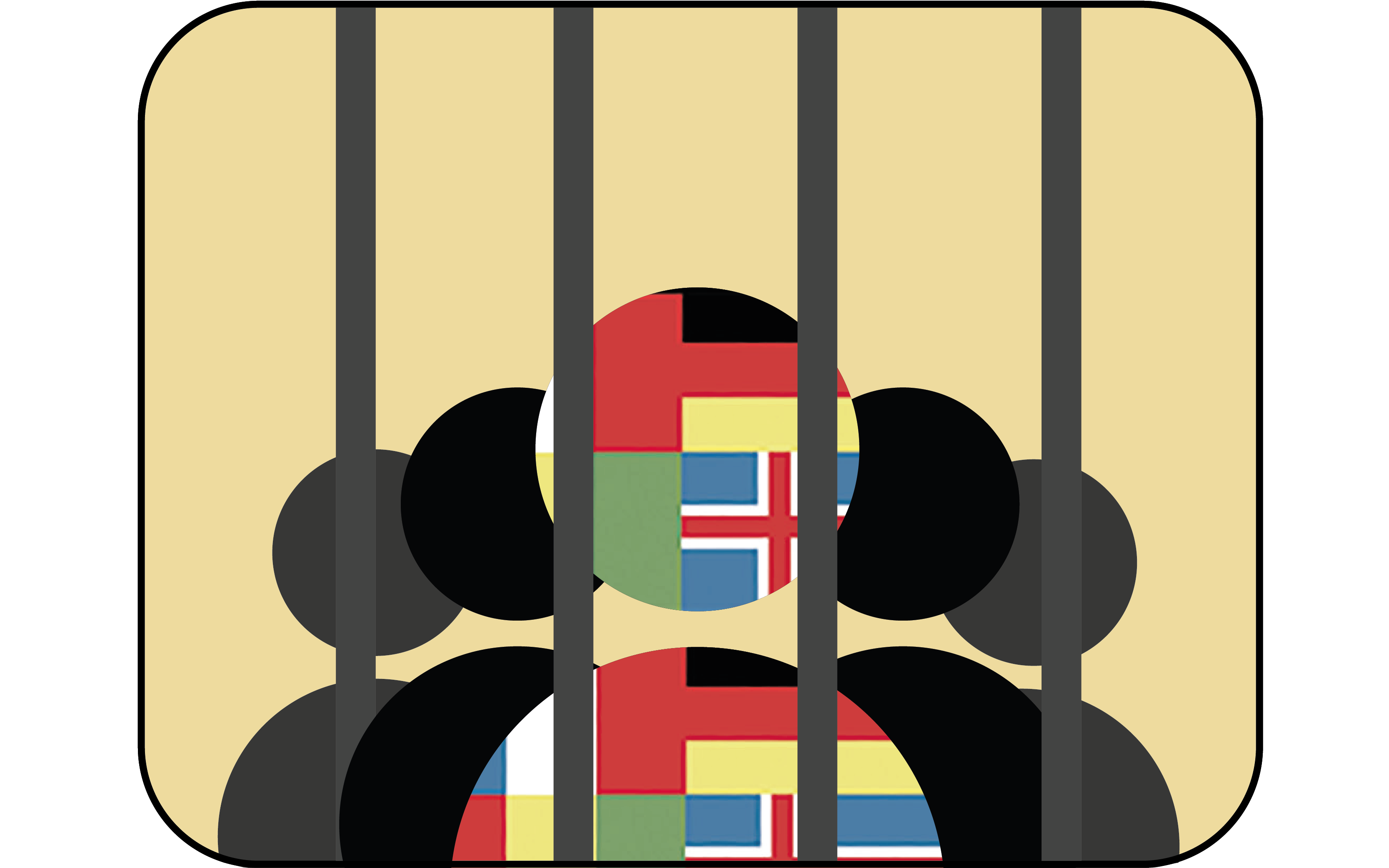
PhD Detained Abroad
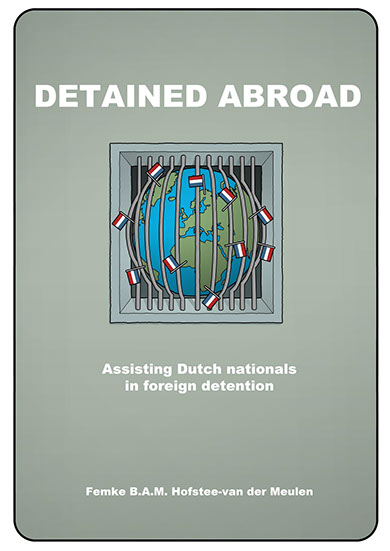
In 2015 the thesis ‘Detained abroad – Assisting Dutch nationals in foreign detention’ was published. The study provides insight into consular assistance as received by Dutch FNPs. This support is provided by the Ministry of Foreign Affairs in cooperation with the International Office of the Dutch Probation Service and the religious organisation Epafras. For the past three decades Dutch FNPs have been visited by representatives of these two organisations on a voluntary basis. This practice is unique in the world and has never been evaluated. This study measures the impact of the assistance given by the Netherlands on the detention experience of Dutch FNPs, their special needs and resettlement.
The research is based on questionnaires received from 584 prisoners detained in 54 countries and over 140 interviews with prisoners, former prisoners, relatives, consular staff and staff and volunteers of the International Office of the Dutch Probation Service and Epafras.
Figures
Worldwide the prison population consists of over 11 million prisoners. Although it is important to exercise caution when using figures for FNPs as, for example, countries do not always use the same definition for FNPs, it is possible to confirm there are nearly half a million FNPs detained abroad. This is on average 5% of the total prison population. The highest percentage of FNPs can be found in the Middle East, where more than one in three prisoners is a foreigner.
There are various explanations for the relatively high number of FNPs. Globalisation has contributed to increased mobility. Despite the fact that there is little evidence that foreign nationals commit more serious crimes than nationals, they have more chance of being arrested and of receiving a prison sentence. This is due to their foreign appearance, the fact that they do not speak the national language, their limited awareness of their legal rights, reduced access to legal support, and because FNPs are generally excluded from non-custodial sentences and measures. Their over-representation during pre-trial detention is demonstrated in figures provided by the Council of Europe.
The table provides information on the percentage of foreign nationals on the total prison population per country and the absolute number in 2010, 2015, 2020 and 2025. It is important to exercise caution when accepting the validity of statitics about FNPs because not all countries use a similar definition for FNPs. The figures are based on official sources and they are collected for the World Prison Brief by the International Centre of Prison Studies in London.
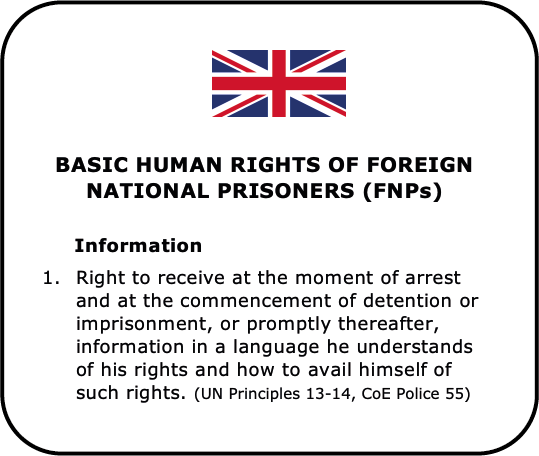
Rules
To ensure that foreign national prisoners and prison staff are informed about the specific rights of FNPs, PrisonWatch developed a list of Basic Human Rights for FNPs. The rules derive from international, regional and European legislation.
The rules have been translated into 28 languages. These languages are: Albanese, Arabic, Bengali, Chinese, Dutch, English, Farsi, French, Hindi, German, Greek, Italian, Japanese, Kurdish, Lithuanian, Polish, Portuguese, Punjabi, Romanian, Russian, Somali, Spanish, Swahili, Swedish, Tigrinya, Turkish, Vietnamese and Yoruba.
